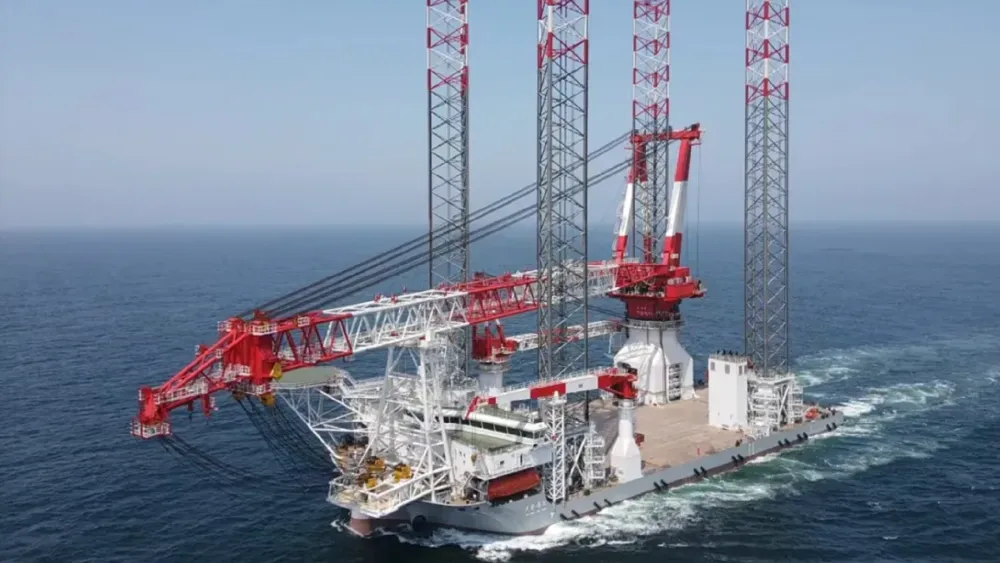Siemens Energy CEO Says Energy Transition Requires China

Christian Bruch, the CEO of Siemens Energy, emphasized the indispensable role of China in the global energy transition, particularly in the realm of renewable energy and wind power. Speaking to reporters, Bruch stated unequivocally that an energy transition without the contributions of China is unfeasible.
Bruch articulated the great challenge of constructing wind turbines in Europe without relying on Chinese supplies. He indicated that attempting such a feat would be nearly impossible, given China's dominance in the manufacturing and supply chain of key components.
In his comments, Bruch expressed opposition to the notion of severing ties or de-risking partnerships with China, describing the relationship between Europe and China as both productive and necessary. He conveyed this perspective in a statement reported by Reuters, advocating for continued cooperation.
Bruch's insights came against the backdrop of the European Union's recent investigations into subsidies for Chinese wind turbine manufacturers. This scrutiny marks a notable increase in regulatory attention on Chinese firms, with four probes initiated within the past two months.
A report by Reuters highlighted the critical dependence of wind turbine manufacturing on materials predominantly sourced from China. Essential components like rare earth elements and permanent magnets are vital for the production process, showcasing the geopolitical implications of this reliance.
The CEO's remarks illustrate a growing divide in Germany, where the government has encouraged companies to lessen their dependency on China. This contrasts with the approach taken by industry leaders at major firms such as Volkswagen and BASF, who have opted to deepen their ties with Chinese suppliers.
Bruch articulated his belief that a balance must be struck between stringent protectionism, as evidenced by policies in the United States, and an unrestricted free market in Europe. His perspective highlights the complexity of navigating global supply chains amid shifting geopolitical dynamics.
He further advocated for clear guidelines governing business financing, the procurement of guarantees, and the associated costs. Bruch underlined the necessity of maintaining a competitive yet fair marketplace that accommodates all stakeholders involved.
Read These Next

Survey reveals 75% of U.S. scientists may leave their jobs
A Nature survey reveals 75% of U.S. scientists are considering relocating due to political instability affecting research.

Dongfeng Landing Site Prepares for Shenzhou-18 Crew Return
Teams at China's Dongfeng landing site completed a drill for Shenzhou-18 crew's return, ensuring safety and efficiency.

Global Leaders and Tech CEOs Unite in Paris for AI Summit
A summit in Paris addressed AI innovation and responsibility, emphasizing the need for international cooperation and regulation.
